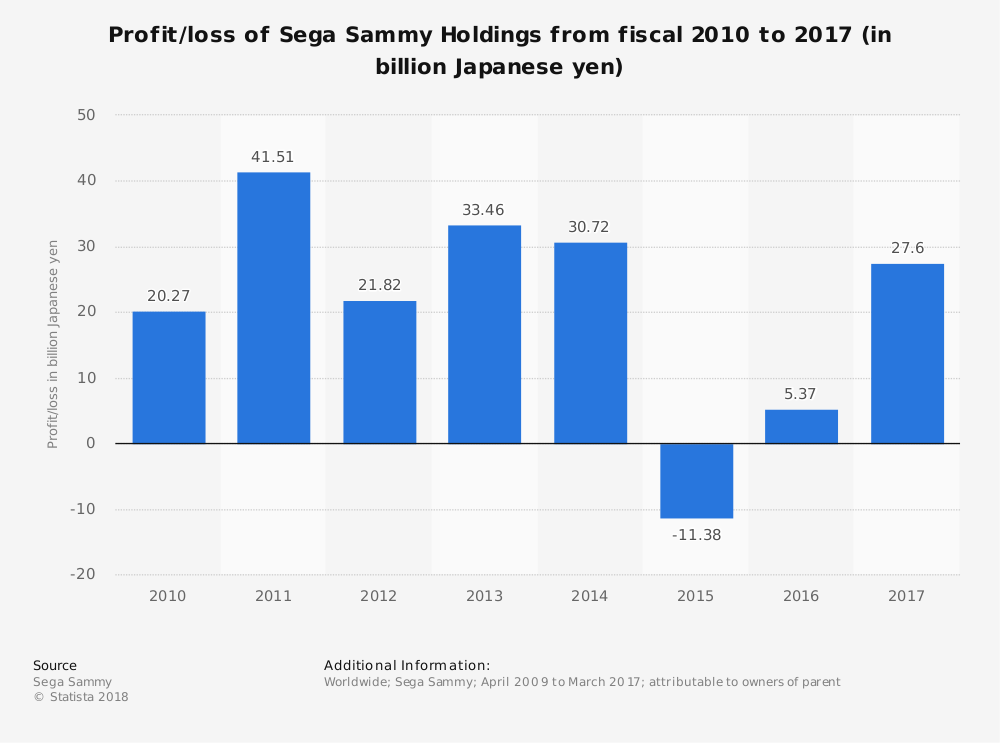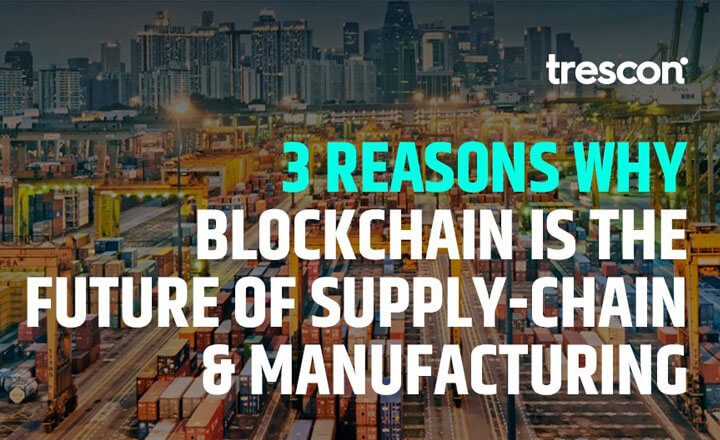Adopting blockchain-based solutions in the logistics and handling sector can provide faster and more efficient methods of moving cargos around the world.
‘It’s not the organisations that are competing. It’s the Supply-Chains that are competing!’
– Wael Safwat, Supply Chain Management Association (SCMAO)
Every day in the world, a crypto-trading millionaire is born. With blockchain startups pushing the fifth gear into launching their ICOs and raising money, the underlying truth of the viability of blockchain technology lies within its implementation. The hard truth!
Conversations surrounding the industry application of the ledger based technology sprung forth from the Financial Services and Banking sectors, but at the turn of mid-2018, it looks like the most cumbersome industry has turned favourable. Supply-Chain Management (SCM) and Manufacturing have opened their doors to blockchain.
Supply-Chain Management, in totality, deals with the procurement, production, storage and delivery of a product. Hence the backbone of supply-chain management, which is Logistics and Handling, has found the immediate requirement for blockchain technology.
The Logistics and Handling industry, within the realms of the international economy, has seen a downward spiral over a span of just 5 years. From one of the leading industries, in terms of Man Power, Investments and Sheer Size, the logistics division had reached an impasse. Industry giants like MAERSK and L&T (Larsen and Toubro) have laid off nearly 20,000 employees across the globe, and liquidated assets amounting to Millions of dollars, to cover up losses. This included the closing of their hazardous elements transportation division and the sale of their 1,000 strong vessel fleet. Why?
Well that is primarily due to a drastic rise in operational and situational costs across the globe, affecting multiple verticals. Rising fuel prices, decrease in subsidies from regulatory authorities, tracking and storage have been steadily cutting into the industry’s pockets for the last 8 financial quarters.

And the manufacturing industry, whose dominant operational vertical is also the logistics and handling division, has seen a seismic decline over the years. In the wake of all the statistics and numbers, the future of the Supply-Chain industry was looking bleak.
Hence, in a series of landmark announcements, big players from the SCM and Manufacturing industry have declared their immediate need for a scalable and manageable solution. And the prayers were answered.
To gain lost time, and to understand how blockchain can help their distress wings, organisations like the manufacturing juggernaut Saint-Gobain, who are present in over 50 countries in the world, have initiated conversation with consultants from BlockchainDriven. This is to understand how an immediate and responsive system can be created on a blockchain, highlighting the importance of logistics and handling.
Executives from automobile-parts manufacturing giant Sterling Consolidated have also met with the aforementioned company, to explore options in inventory management and stock handling!
And that’s not the least of it. Walmart has been using blockchain to track all the chicks and fowls at their poultry farms, which are spread over 300 farms in about 25 countries. Barclays has been keeping track of their 100 million USD butter exports segment using blockchain technology.
Blockchain in cryptocurrency might provide a decentralized unit to conduct monetary transfers across borders, by surpassing local and international regulations. In the case of SCM and Manufacturing, blockchain can provide solutions to blaring problems with inventory management, stock handling, product tracking and transportation.
To simplify it further, consider the application of blockchain technology into the stock inventory management vertical. By constructing a distributed ledger with all the details pertaining to the location, position, weight, dimensions and other ambiguous constraints, the on-ground logistics team will be able to manage the outbound time for the product’s movement, which advertently increases the response time. It’s always been, and will always be, an efficiency game.
So the three reasons can be cumulatively summed as: 1) Efficiency 2) Logistics & Handling speed and 3) Detailed accounting and data handling.

In retrospect, the cost of implementation of blockchain technology has been a stringent concern for organisation that fall out of the Fortune500 and Fortune1000 lists. So, blockchain driving organisation Apla Blockchain has stepped up to the batting plate with the answer. The company provides ledger based solutions to startups and SMEs (Small-Medium Enterprises), at cost effective rates.
Apla Blockchain is one of the platinum sponsors for the upcoming World Blockchain Summit Frankfurt Edition. You can meet with them and explore blockchain solutions for your organisation, by confirming your participation for the event.
To know more, visit https://worldblockchainsummit.com/
CoinChoose does not endorse nor support this product/service. CoinChoose is not responsible for or liable for any content, accuracy, or quality within the press release.







